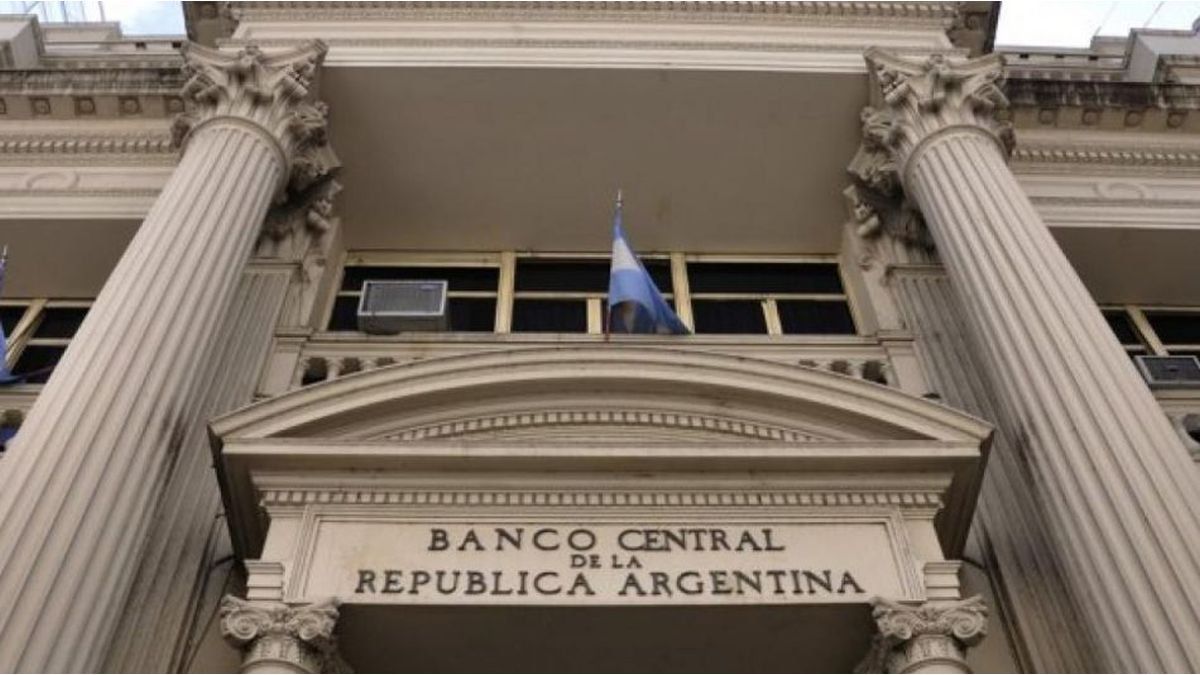For that we have to see how the financing of the Treasury has been working in recent times. Through purchases in the secondary market or taking Treasury Bills from banks as deposit reserves, the Central Bank has been supporting the peso market.
According to data from the entity led by Miguel Pesce A year ago, this type of financial instruments represented 8.7% of its assets. At the beginning of 2023, it jumped to 10.4% and currently it went to 21%. Of $57.5 billion that constitute the assets of the system’s governing authority, $12.5 billion are CER Bonds, Linked Dollars, Duales, Lelites and Bontes, among others. “Seen this way, the market is a fiction,” said Caamaño.
The economist considered that private participation in the peso market “is negligible” and that therefore the support of the BCRA “is expansion although it is not direct issuance.”
Now, andThe Ministry of Economy has to seek financing for advance payments of tax reductions that were announced this year, among them, the increase in the Income Tax floor of the fourth category, the refund of VAT and the forgiveness of the contributions of monotributistas of the four lowest categories.
The director of the consulting firm Ledesma indicated that the cost of the measures must be compensated with the increase in the collection of the PAIS Tax, whose application was extended to the majority of the purchase of dollars destined to pay for imports. Thus, the package represents an increase in spending of 1% of GDP, but the aggregate deficit is only 0.6% of GDP.
Caamaño believes that the Government may resort to some Advances from the BCRA to close the account for the year. With the package released, estimates that the fiscal deficit in 2023 will close in the order of 3.6% to 3.7% of GDP, well above the 1.9% agreed with the IMF.
Despite this, it is not ruled out that In the period that remains until the October elections, there is “some appetite” from private companies for coverage, in a context of high insecurity regarding how the economy will function in the coming months. This demand could be due to the short term, from companies or Common Investment Funds (FCI) that were the most active in recent weeks.
So far this year, according to data from the Ministry of Finance, the government has managed to renew or redeem this year’s maturities, and was able to obtain net financing of about $4 billion, which is equivalent to a 150% rollover.
Nicolás Chiesa, director of PPI, points out that “there is an expectant market because it is known that October will be a difficult month and that the closer we get to the elections, we will probably see an overheating of the exchange rate.”
Source: Ambito




